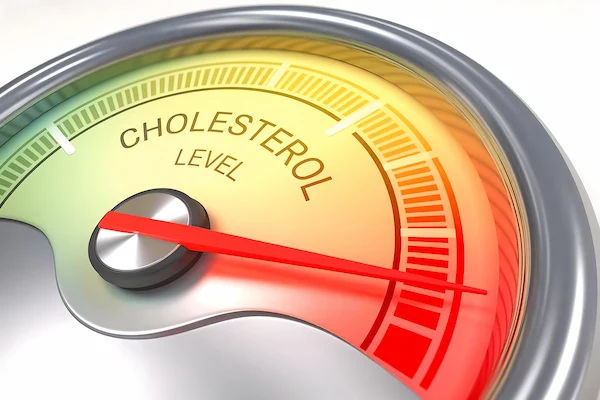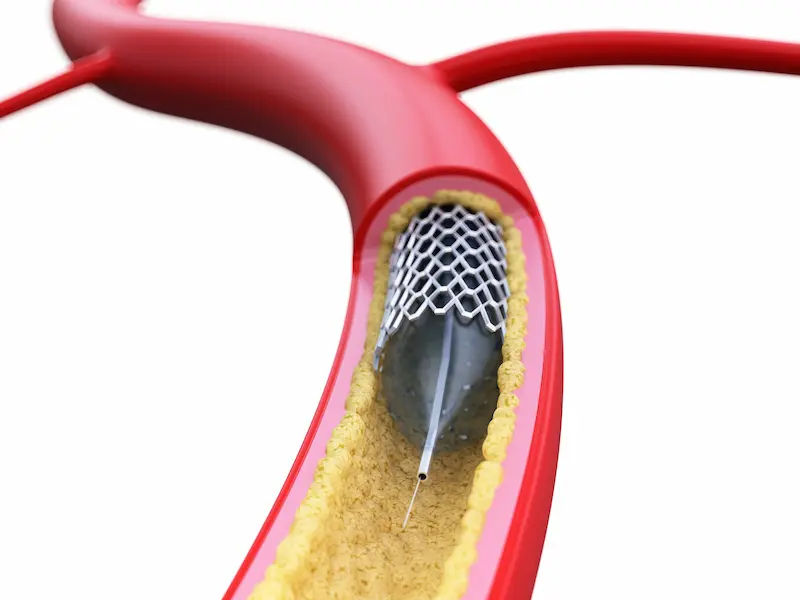- male
- 35 Years
- 20/02/2025
I'm a bit worried about this chest pain I've been having for the past 9.5 months. I've seen a bunch of cardiologists and done a ton of tests like ECG, 2D Echo, TMT, lipid profile, and thyroid, but everything's coming back normal. My daily routine includes brisk walking for about 50 minutes and running for 15 minutes, and I don't feel any pain during these activities. The pain occasionally hits on either the left or right side and is pretty mild. Can you help me figure out what might be causing this chest pain?
Answered by 1 Apollo Doctors
Chronic chest pain lasting several months with normal cardiac tests such as ECG, 2D Echo, and TMT, along with normal lipid profile and thyroid tests, suggests that the pain might not be heart-related. Since you can perform activities like brisk walking and running without pain, its less likely to be ischemic heart disease. Possible causes of your chest pain could include musculoskeletal issues (like costochondritis or muscle strain), gastrointestinal problems (such as GERD or gastritis), or anxiety-related symptoms. Given the persistence of your symptoms, it might be beneficial to consult with a gastroenterologist or consider a musculoskeletal evaluation. Additionally, managing stress and anxiety with practices like mindfulness or therapy can also help. Please follow up with your healthcare provider to explore these potential causes further.
Dr. Anshul Suggests...
Consult a Cardiologist
Answered 04/07/2025
0
0

Ask Apollo
AI powered Health Chatbot
-
Consider Musculoskeletal Causes
a. Evaluate for muscle strain or costochondritis, especially if pain is positional or related to movement. -
Gastrointestinal Evaluation
a. Assess for gastroesophageal reflux disease (GERD) or esophageal spasms, which can mimic cardiac pain. -
Anxiety or Stress Factors
a. Consider stress or anxiety as potential contributors, especially if pain is intermittent and non-exertional. -
Follow-Up Actions
a. Consult a primary care physician for a comprehensive review.
b. Consider a referral to a gastroenterologist or a pain specialist if symptoms persist.
Recommended next steps
Consult a Family Physician or Consult a Surgical Gastroenterologist
Answered 10/09/2025
0
0

More Cardiology Health Queries
View allI'm experiencing this heavy pain in my left arm and some back discomfort that started about 67 days ago. At first, the pain was light, but it's been gradually getting worse. What could be causing this, and should I be worried?
Left-arm discomfort could be due to musculoskeletal reasons or Due to cardiac cause as well. The symptoms are posture related or aggravating due to movement it can be muscular. Symptoms of worsening during physical activity exercise daily with rest it can be related to Cardiac cause. Next Steps ECG ECHO
Answered by 1 Apollo Doctors
I'm 32 and just got my TMT test results back. It mentions VPC during exercise and after, and a positive chronotropic response. There's also a 1mm downsloping ST depression at peak exercise but it's normal at 3 min recovery. Should I be worried about any of this? Do I need to take any medication? I'd really appreciate some guidance.
TMT report suggests a negative TMT with VPC seen during exercise and at recovery of the test, along with a positive chronotropic response. The 1mm downsloping ST depression at the peak of exercise, which normalizes at 3 minutes of recovery, is also noted. Based on this report, there is no significant worrying problem identified. However, considering the findings, it would be advisable to start medication to manage the VPC and ST depression. You can take Metoprolol (brand name: Lopressor) 25mg once daily to help regulate your heart rate and reduce the occurrence of VPCs. Additionally, you can take Aspirin 75mg once daily to prevent any potential clot formation due to the ST depression observed during exercise. It is important to follow up with your healthcare provider for further evaluation and management.
Answered by 1 Apollo Doctors
I'm looking over my cholesterol results and I'm trying to figure out what they mean. My total cholesterol is 198mg, triglycerides are at 236mg, HDL cholesterol is 40mg, non-HDL cholesterol is 158mg, and my LDL cholesterol is 130mg. Plus, the atherosclerosis index is 5. Does this report look alright, or is there something off? If there's a problem, should I be thinking about medication?
Based on these values, your cholesterol levels are not optimal. To improve your cholesterol levels, you can make lifestyle changes such as adopting a healthy diet, exercising regularly, and avoiding smoking. If lifestyle changes alone are not sufficient, medication may be prescribed by a healthcare provider. In your case, considering your lipid profile, a statin medication such as Atorvastatin (Lipitor) may be recommended. The usual starting dose for Atorvastatin is 10-20mg once daily. However, the specific medication and dosage should be determined by a healthcare provider after a thorough evaluation.
Answered by 1 Apollo Doctors
Disclaimer: Answers on Apollo 247 are not intended to replace your doctor advice. Always seek help of a professional doctor in case of an medical emergency or ailment.




